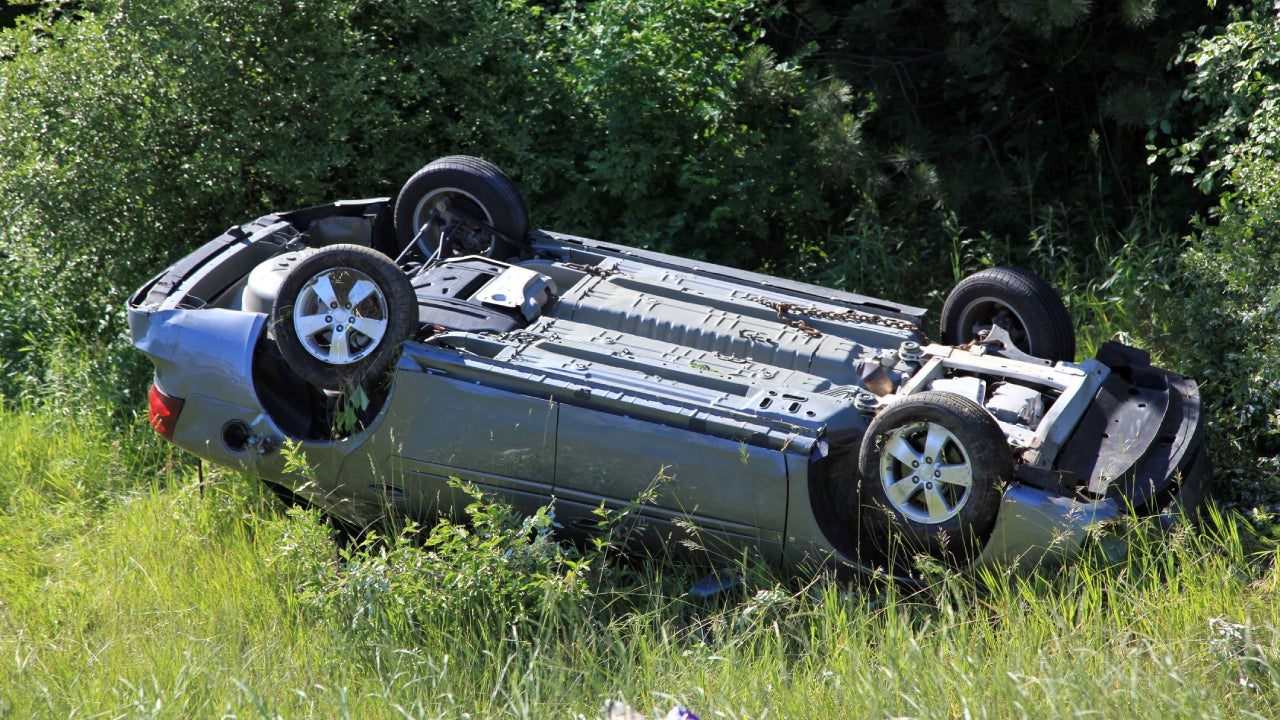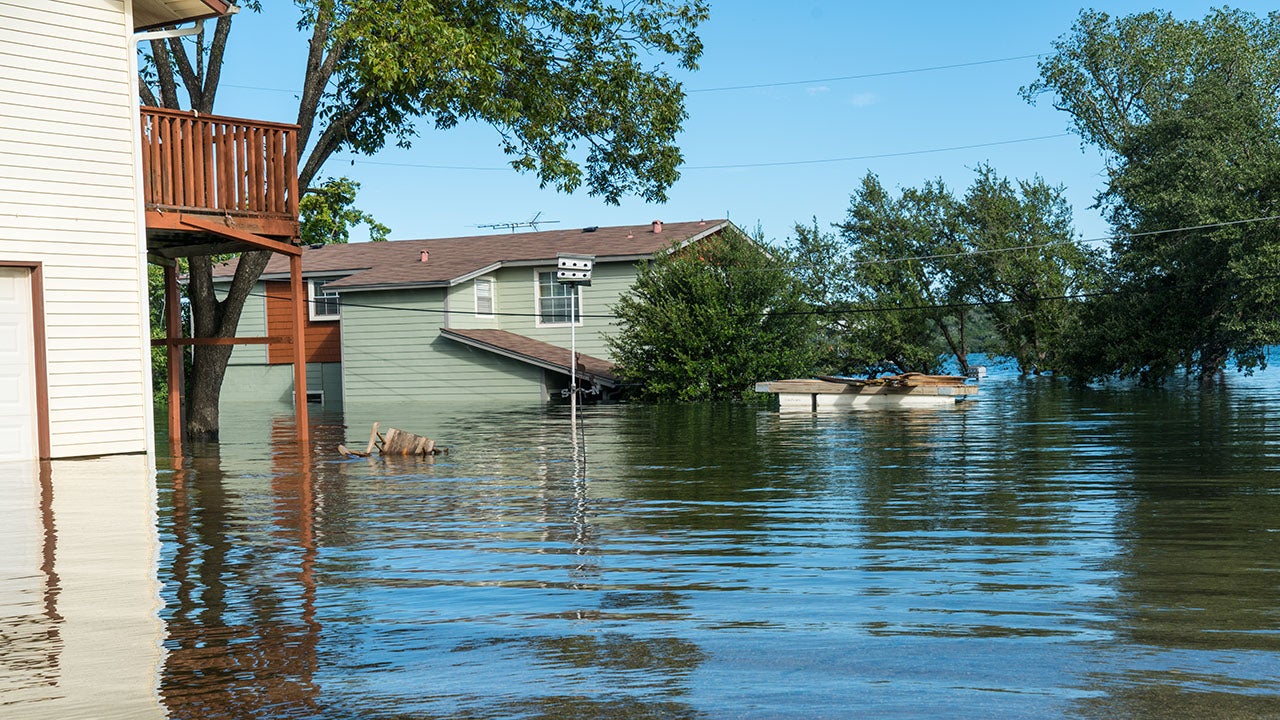What is actual cash value in homeowners insurance?




Key takeaways
- Actual cash value insurance coverage may not provide a payout that’s sufficient enough to fully replace your damaged, lost or stolen property with a brand-new version.
- Actual cash value home insurance policies offer limited coverage compared to replacement cost value policies because depreciation is factored into your claim payout.
- However, actual cost home insurance policies typically cost less than replacement cost policies.
How much is your home and property actually worth? That can be a complicated question, but it’s a key concept for homeowner’s insurance. Actual cash value (ACV) represents the depreciated value of your home or belongings at the time of a covered loss. In contrast, replacement cost value (RCV) accounts for the amount needed to repair or replace your property with a new version at market value. Understanding the differences between these types of coverage can help you decide if ACV insurance is right for your situation, or if you should opt for RCV.
What is actual cash value?
Actual cash value is the price or value that an item could be sold for today. Basically, ACV means that you won’t get a check from the insurance company for enough money to replace your damaged, lost or stolen item with a brand-new version. Instead, you’d either have to pay out of pocket to cover the difference, or purchase an older or used version.
For example, suppose you have a TV that is 10 years old, and it’s stolen during a break-in or damaged during another covered loss. In that case, the actual cash value portion of your policy means you’ll receive a check for the current market price of the older TV — as opposed to what it would cost to replace the TV with a new version.
ACV will typically save you money on your home insurance premium. Still, before you decide what type of coverage you want, you should consider how much you’d have to pay out of pocket to replace your damaged items after a covered loss.
How is actual cash value determined by insurance companies?
Actual cash value is calculated by determining how much it would cost to replace a certain object and subtracting depreciation. Insurance companies assign a lifetime to an object and determine the percentage of its lifetime left to calculate depreciation. When this percentage is multiplied by the replacement cost, the result is an item’s actual cash value.
When you file an insurance claim, an insurance adjuster will get involved to determine the cost of your claim. If you have agreed to value your covered items at actual cash value, the adjuster will determine how much it currently would cost to replace your lost or damaged item with a similar item, and then subtract the loss in value due to depreciation from that amount.
With our flatscreen TV example mentioned above, the check received from the insurance company will be less than the price of a brand-new TV. The adjuster would calculate the depreciation value based on the TV’s age, condition before the loss, brand, etc. To replace the TV with no cash out of pocket, you may need to look for an older or used model — or even downsize to a different model or type of TV.
Actual cash value vs. replacement cost
Actual cash value and replacement cost are two different ways of valuing items. Replacement cost value is the cost of replacing something with a brand-new version, while actual cash value is the amount of money needed to fix or replace an existing item, taking into account depreciation due to age or use.
What that means is that if you have replacement cost as part of your policy, the check you receive will be higher than the check you would receive if you have ACV coverage. However, replacement cost insurance costs more on average, so you will likely pay more in premiums.
How do I choose between ACV and replacement cost?
An actual cash value homeowners insurance policy is a great option if you’re on a budget since your premium will be lower than with a replacement cost homeowners insurance policy. If you don’t have many valuable items to insure, then ACV may be all you need. Again, your dwelling coverage will most commonly include replacement cost coverage up to your policy limits, especially if your home is not paid off or is financed; however, you could choose actual cash value coverage if appropriate for your situation.
Replacement cost policies could be a good idea if you have a lot of older items, live in a high-risk area or have a lot of belongings you need to insure. Replacement cost coverage will have a higher premium — but it means that you’ll be paying less out of pocket when it comes time to replace anything that is damaged or stolen after a covered loss.
Pros and cons of ACV vs RCV
| Actual cash value | Replacement cost value | |
|---|---|---|
| Pros | Premiums for actual cash value home policies are typically lower than replacement cost coverage. | You’ll likely pay less out of pocket if you need to replace damaged or stolen belongings. |
| Cons | Actual cash value coverage can leave you paying more out of pocket to replace your belongings. | Replacement cost coverage will generally have higher premiums than actual cash value insurance. |
Frequently asked questions
Why we ask for feedback Your feedback helps us improve our content and services. It takes less than a minute to complete.
Your responses are anonymous and will only be used for improving our website.
You may also like

What is total loss car insurance?

What does renters insurance cover?

What is a homeowners insurance deductible?

Does homeowners insurance cover flooding?
